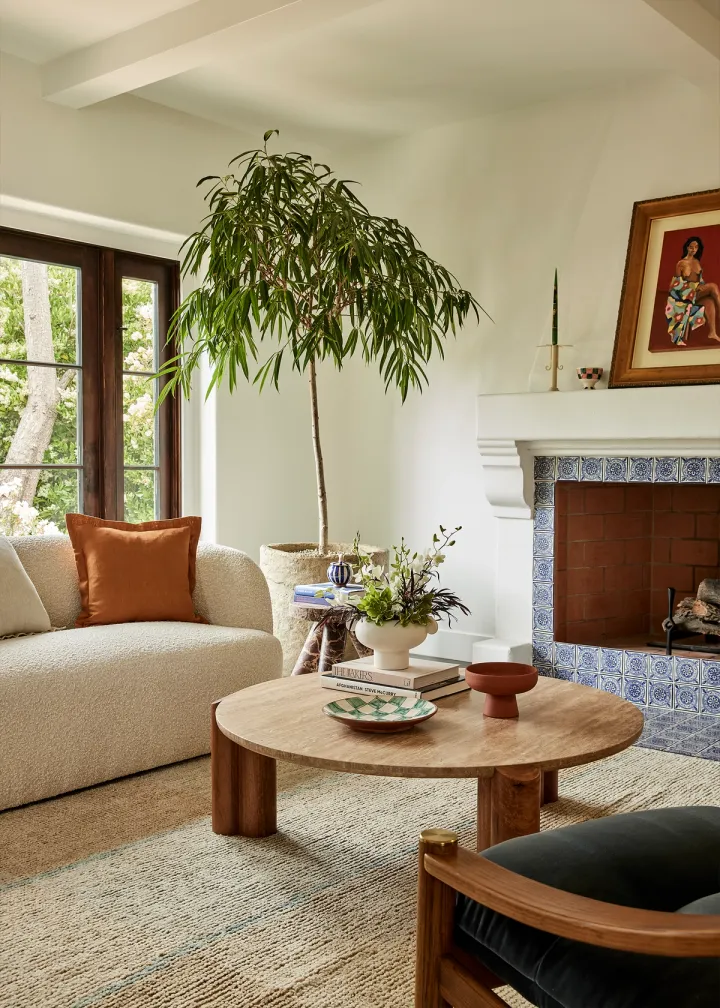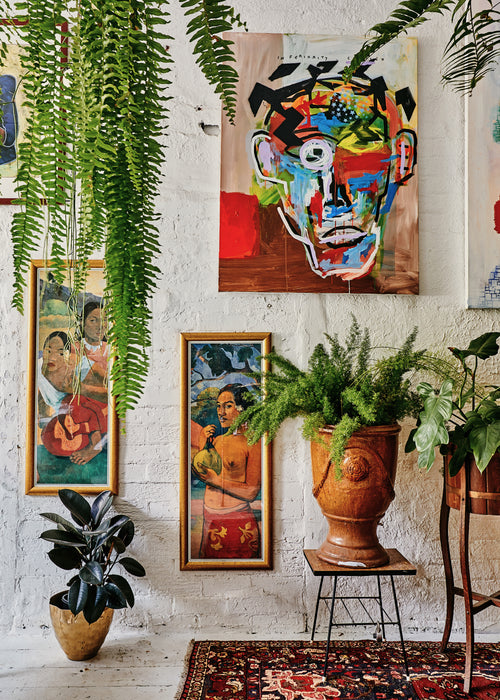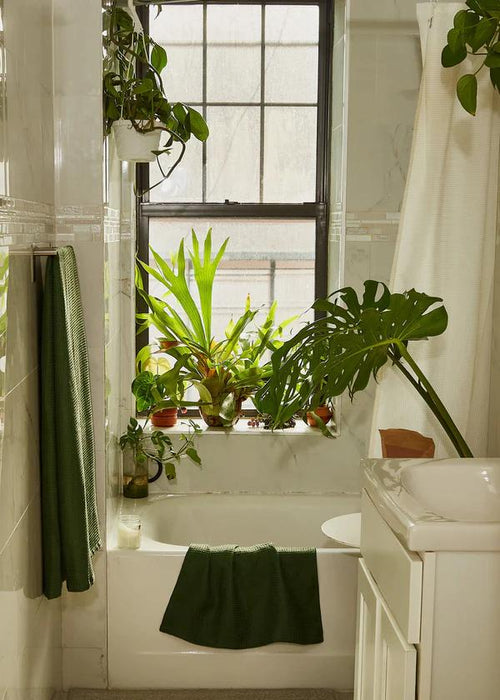
The Trick to Choosing the Perfect Indoor Plant for Every Room in Your Home
It's more complex than choosing one purely based on looks.
We all know the addition of some greenery into a room can instantly transform and uplift the space. In fact, it's one of the easiest and practical ways to update your home that is not only budget-friendly but also landlord-approved. But the benefits go beyond interiors – indoor plants also have a myriad of health benefits including the ability to lower levels of anxiety, reduce stress levels, increase memory and productivity and even act as air purifiers.
However, before you make your trip to the nearest plant nursery and purchase every shrub you fall in love with, it's important to understand that not all plants are created the same. What this means is that not every plant will thrive in the same room, give off the right vibes or benefit your room's decor style. A lot more thought goes into choosing the correct houseplants for you, your home and your plant's health, too.
So, to help you better understand how to curate a thriving indoor jungle, we sought the help of Jennifer Sampson, plant parent (she currently owns 15 large plants) and Creative Director of online shop Jones and Co. Whether you're new to botanicals or you already have a thriving indoor jungle, there's something to learn here for everyone.
Create Your Oasis
Enjoyed This?
Discover more tips for keeping indoor plants.










